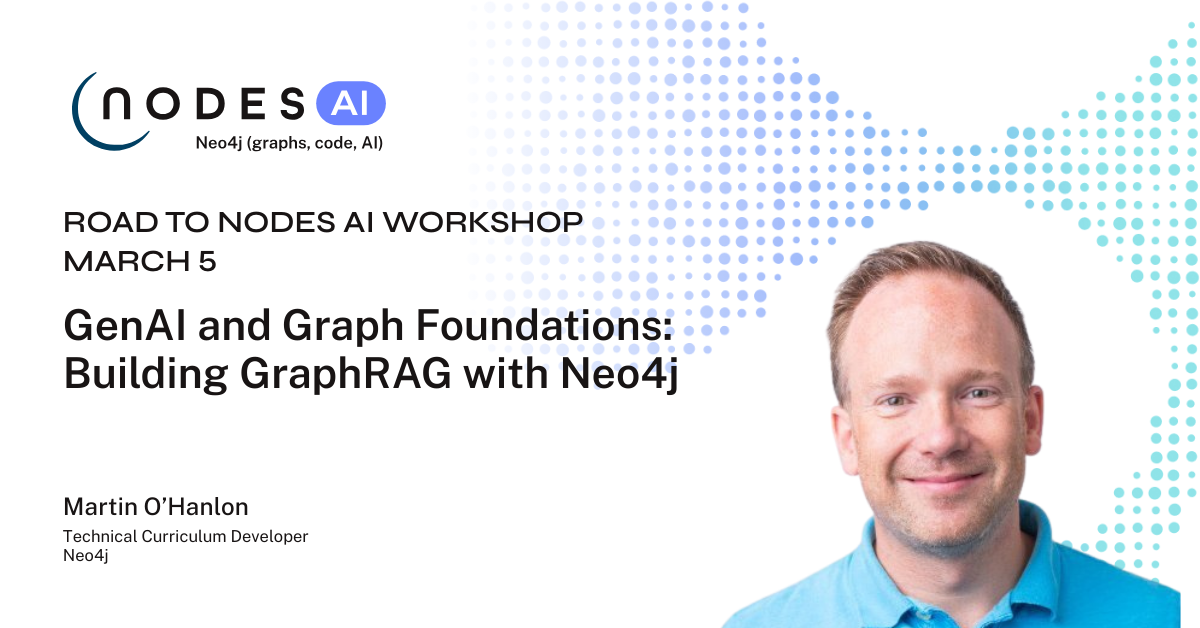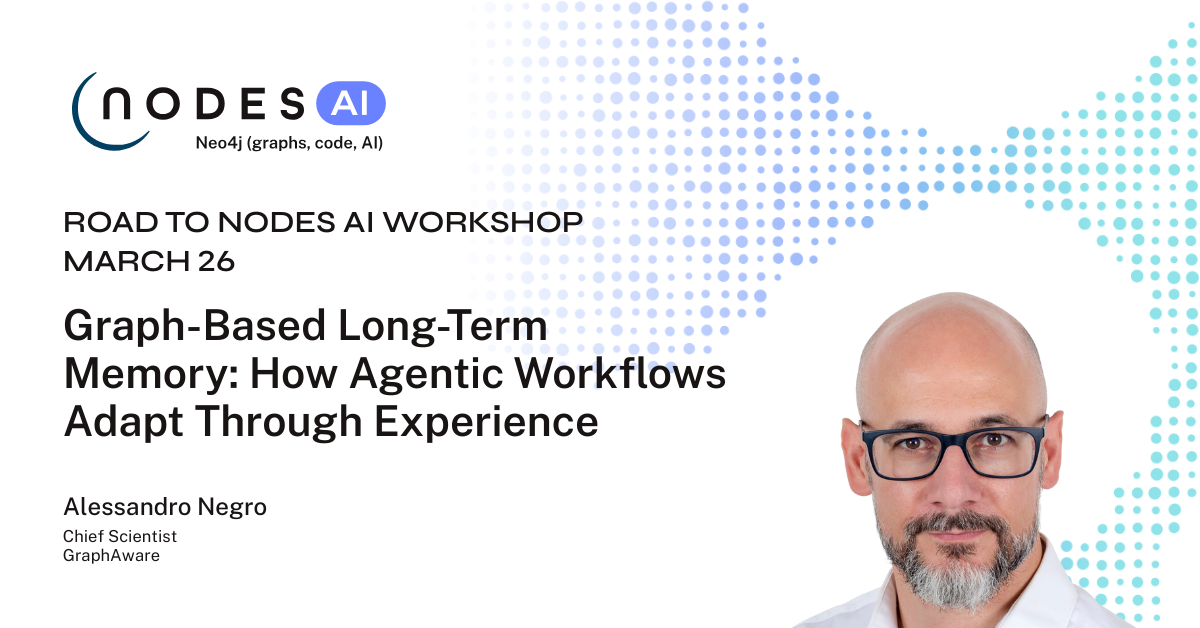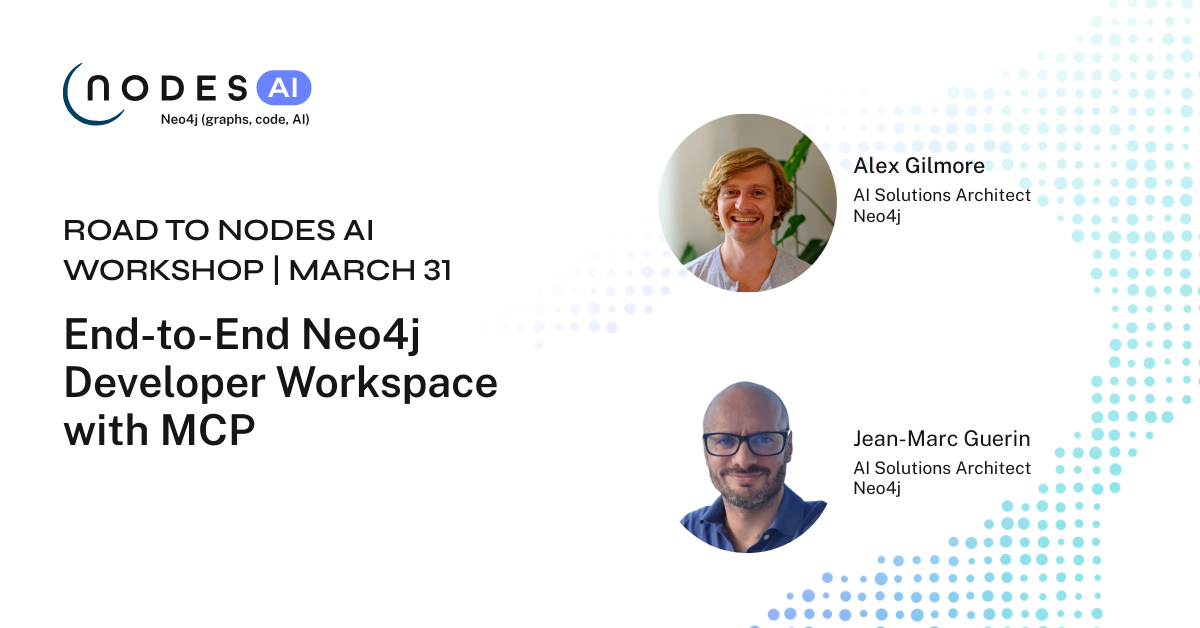Hi, i had database of question&answer, using this question&answer pairs i had build knowledge graphs in neo4j. The output of this model is to retrieve answer to a question asked by user, up to here everything is fine. My interest of work is to build a knowledge graph model to predict a answer to a question which is not in database. can it possible to do and if possible can you suggest me the way.
You have to ask yourself how are you going to predict an answer to a question that does not exists.
Are you going to search for a similar question and return their answer?
Does the answer to this new question already exist in your graph?
Will you be using any NLP and/or word2vec algorithms to parse questions?
- i can retrieve answer for a question asked
- no answer for new question is not in graph.
3)i didn't used any NLP and word2vec algorithms to parse questions.
my interest is to predict answer(not in database) for a question.
but i don't have any idea how to proceed?
You may want to take a look at our article on knowledge graphs with Neo4j. It sounds as if you're just starting on this use case from scratch, so this may help provide some idea of the complexity involved and approaches you may need to take.
In order to be able to supply any kind of answer, your system needs to be able to store data in such a way that has some kind of meaning through multiple aspects, and can allow queries to be built that utilize the graph structure to determine relevance to other pieces of the graph. A question -> answer graph is far too simple for your use case. Perhaps you're looking for some higher level product (which might be using Neo4j or a similar graph db under the hood)?
If the answer already exists in your database:
Find a way to find similar questions to your new question and return their answer. Use NLP, word2vec and other algorithms for that.
If the answer doesn't exists in your database, then things get complicated and some of the world's expert AI are trying to solve this problem. I found this link that might help you: https://www.quora.com/Is-AI-able-to-answer-questions-by-searching-through-the-web-in-a-way-that-is-similar-to-humans
Predicting an unknown answer to an unknown question can be challenging.
One way is to have a history of questions that a user has already asked (profiling) and look to anticipate the next question/answer.
Context to a potential question can also be tailored using time, location, cohort parameters.
I had done semantic similarity to identify duplicate questions in data set using LSTM networks in python jupyter notebook. Now i want to do this task on neo4j to build knowledge graphs.
i think this way we can predict answer of unknown question.
I had done semantic similarity to identify duplicate questions in data set using LSTM networks in python jupyter notebook. Now i want to do this task on neo4j to build knowledge graphs.
my plan is to retrieve answer when a new question is passed as input, then the new question makes pair with all existing questions for semantic similarity measure, by taking output of the similarity measures we can set threshold to retrieve the answer.





